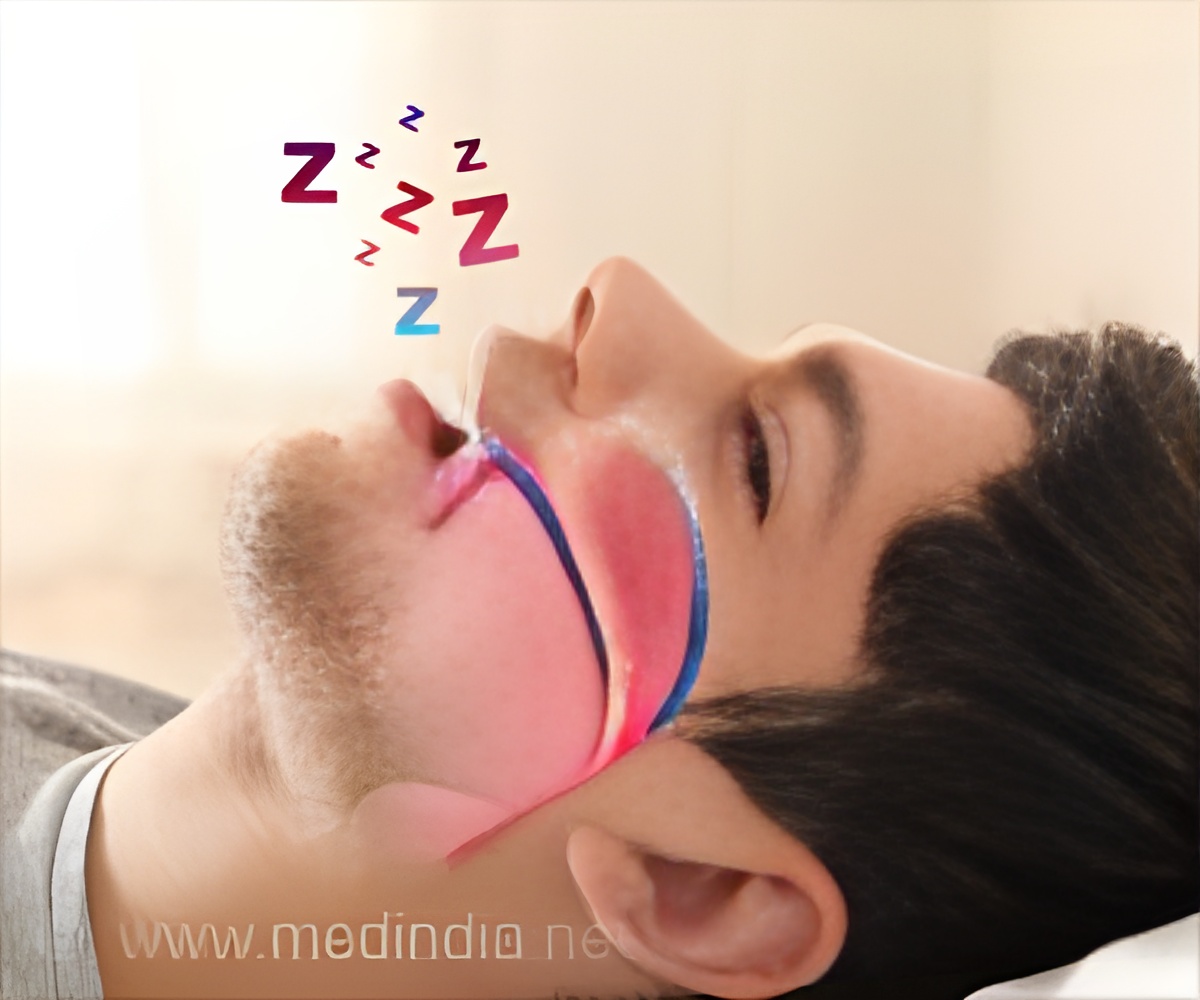
‘In sleep apnea patients who received the higher dosage of carbonic anhydrase inhibitor drugs, the number of breathing pauses decreased by approximately 20 per hour.’
Tweet it Now
Several drugs with CA inhibitory properties are already available on the market and used for the treatment of glaucoma, epilepsy, and other disorders.Previous research has not systematically tested whether CA inhibitors also might be used to treat obstructive sleep apnea.
The current study was a randomized double-blind clinical trial, and 59 patients with moderate or severe sleep apnea completed it. Patients were randomly assigned to two groups receiving either 400 or 200 mg of the CA inhibitor, and a third group (the control group) that received a placebo. The study lasted for four weeks.
The results show that the overall treatment reduced the number of breathing pauses and promoted oxygenation during the night. A few patients experienced side effects, such as headache and breathlessness, which were more common in those receiving the highest dose.
“Just over a third of patients in the study, only half of their breathing pauses were left, and in one in five the number fell by at least 60 percent,” says Jan Hedner, Professor of Pulmonary Medicine.
Advertisement
These therapy options take time to get used to since they frequently are perceived as intrusive or bulky. Insufficient user time is therefore common. If we develop an effective drug, it will therefore make life easier for many patients and, in the long run, potentially also save more lives.
Advertisement
Source-Medindia















